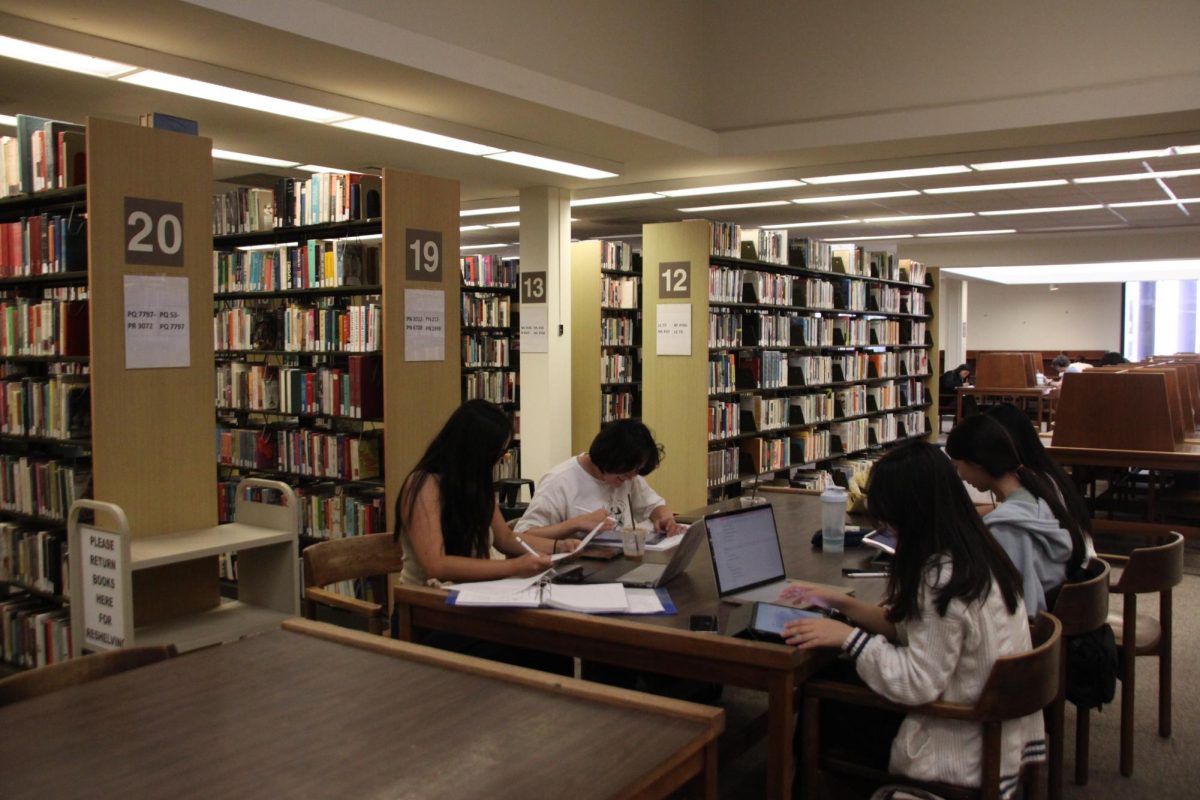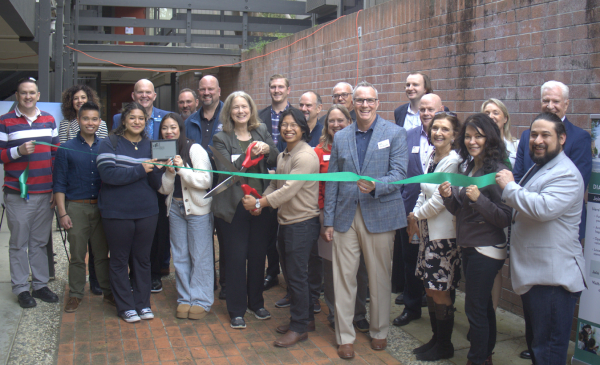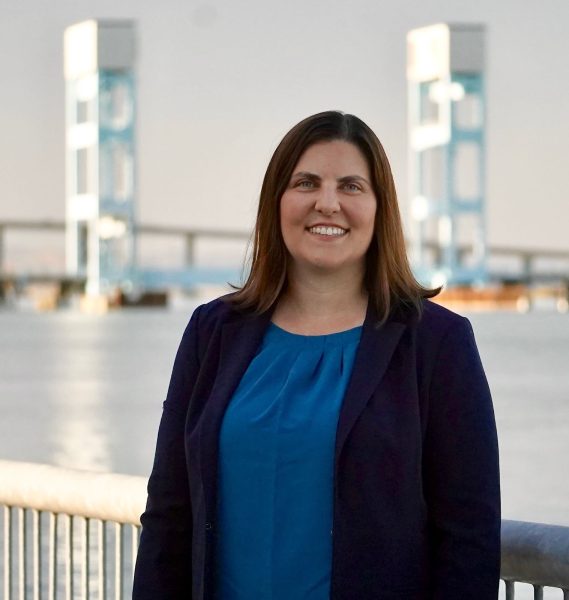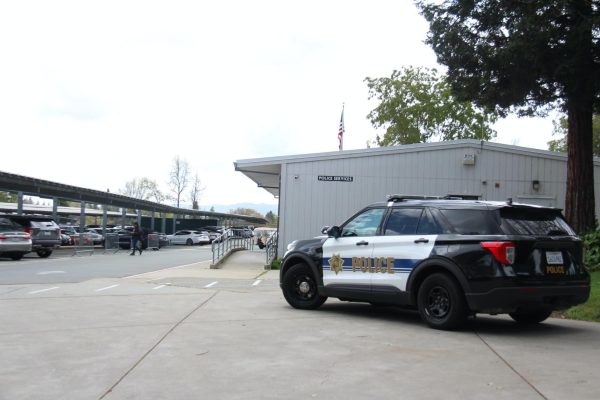Gasping for Cash: How Students Are Surviving the Coronavirus Economy
March 10, 2021
The coronavirus has left many in our community stuck in financial quicksand, struggling to make ends meet. Students have been hit particularly hard, and for many, trying to earn a living while paying for textbooks made for a nearly impossible start to 2021.
For Emma Schroeder, a 20-year-old student at Diablo Valley College, the pandemic dramatically affected her financial situation.
“My job is to provide in-home services for children on the autism spectrum,” she said. “Of course, not being able to go in people’s homes cut my clients off, [by not] allowing me to provide care and do my job.”
In Schroeder’s case, as a result, “I ended up unemployed for three months.”
Coronavirus work regulations put in place at the state and county levels are intended to keep people safe. But in many cases, those restrictions have seemed to make some people, like Schroeder, worse off.
In response to the growing economic challenges, DVC’s financial aid department is now offering more assistance to students in need. Emily Stone, dean of student support services, said her department has received an increase in emergency fund requests from students since the pandemic began a year ago.
As of Feb. 24, more than 5,500 DVC students have received emergency grants. Responding to the high request rates, DVC has spent around $3.3 million in assistance funding.
According to Stone, most students requesting aid have received emergency funds of $600, while others have received slightly less, around $500. Those in need of greater assistance have applied for grants of up to $1,500.
But while emergency support has been a lifesaver for some, students aren’t the only ones being struck with financial hardships.
School employees have also been affected. For example, without students on campus, there has been a limited need for transportation services, impacting employment in that sector – not only at DVC, but in the state-funded university system as well.
Joe Richardson, a 65-year-old transit service employee at UC Berkeley, said the lack of student demand has affected his ability to earn an income.
“There are no students riding, so why would they keep these extra buses running?” Richardson explained. “Because of this, my hours have fluctuated from a full 40 hours a week to 20.”
And “on the weeks where I work 20 hours,” he added, “I have to find alternative ways to get money.”















































































